An investment account, also known as a brokerage account or securities account, is an account that you can use to buy and sell assets and investments like stocks, bonds, mutual funds and Exchange Traded Funds (ETFs).
These accounts hold your investments in a secure space, and provide a way for you to buy and sell shares.
Do I have to pay for these accounts?
These platforms need money to cover their costs, so they often charge some kind of fee.
Either:
- a flat-rate fee to hold your account
- an ongoing fee calculated as a percentage of the amount of money you have invested in that account
Are investment accounts taxed?
Some investment accounts – like Stocks and Shares ISAs – are tax-advantaged accounts, meaning that they are exempt from capital gains tax and income tax. This means that you won’t pay any tax as your money grows.
Other investment accounts like General Investment Accounts (GIAs) allow you to invest without limits. But they are subject to income tax on dividends and capital gains tax when you sell shares.
Do I pay tax on retirement accounts?
Retirement accounts (pensions) have different rules, as any money in these accounts can only be accessed once you’ve reached a certain age.
Money in retirement accounts grows tax free. But it will be taxed once you start withdrawing funds because it is then considered as being part of your income. If you withdraw money earlier than retirement age, you could lose the tax benefits associated with the accounts.

